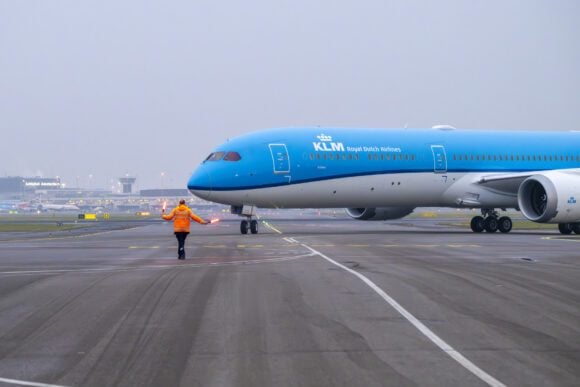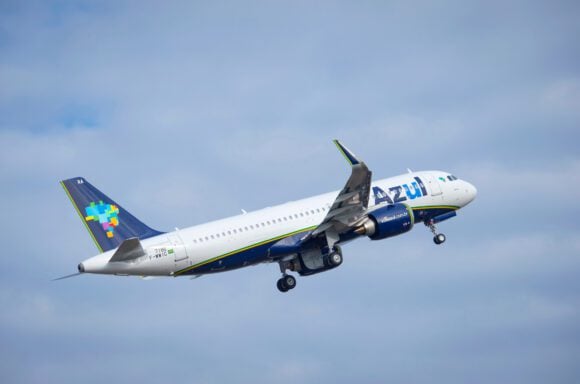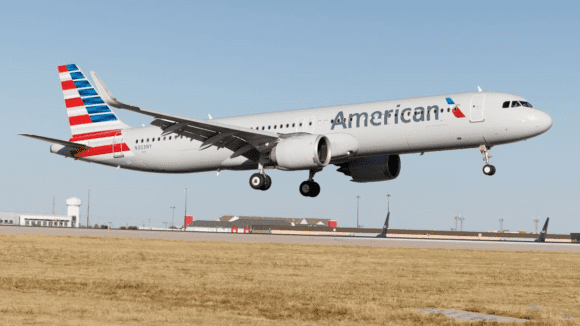
ALM Bracket Assembly 2 scaled
UPDATE – Airbus confirms that it is still sourcing some of its titanium from Russian supplier VSMPO. This is despite the international sanctions that have been imposed on Russia after it invaded Ukraine on February 24. The European airframer states that it is complying with all international regulations and sanctions. And significantly: titanium isn’t included in the sanction list… Airbus continues to source Russian titanium via subsidiaries.
The Air Current reported last weekend that titanium has escaped the sanctions on Russia and that supplies are available, creating an awkward situation between the West and East on trade. Boeing said from the start that it had suspended sourcing titanium from its long-time supplier VSMPO Avisma, with which it has a joint-venture specifically for aircraft parts. Embraer also told AirInsight in February that it stopped sourcing the precious metal from Russia and has other suppliers and plenty of titanium in stock.
An Airbus spokesperson said on February 28 that the OEM is directly sourcing titanium in Russia as well as indirectly sourcing the metal through Tier 1 suppliers. He added that Airbus was protected in the short and medium-term by its sourcing policies. While still monitoring the situation at the time, Airbus said it would comply with all sanctions.
This is where the sanctions start to get confusing. Although the European Commission approved a fourth sanction package on March 15 that includes “an EU import ban on those steel products currently under EU safeguard measures”, titanium isn’t one of these metals. This allows for trading of the raw metal, although other sanctions exclude trading of fully finished (spare) parts for aircraft and engines.
At today’s Airbus Annual General Meeting in Amsterdam, CEO Guillaume Faury confirmed to AirInsight that the OEM is still sourcing titanium from VSMPO but not directly from its Russian headquarters. “We get it from elsewhere, from their subsidiaries.” VSMPO Avisma has various subsidiaries in Europe that trade as local, non-Russian entities, like VSMPO Tirus in Redditch (the UK), VSMPO Tirus in Frankfurt (Germany), and Tirus International in Lausanne (Switzerland). The company also has a subsidiary in Beijing and four in the US.
Asked how Airbus pays for the titanium, Faury said that it pays the subsidiaries of VSMPO and that no money is going directly to Russia, which would contravene financial sanctions. “We pay the subsidiaries. We fully comply with all sanctions”, added Faury. Before the crisis, Russian titanium accounted for some fifty percent of its supplies. Faury said that Airbus is looking for other options in other regions in the world, including the US and China. “We are accelerating our efforts to secure long-term supplies from elsewhere. For the short and medium-term, we are covered.” Already since the invasion of Russia in Crimea in 2014, Airbus has reviewed its sourcing policy to become less independent of Russia.
During the AGM, Faury repeated his remarks that he made last weekend in an interview with German newspaper Frankfurter Allgemeine Zeitung, when he said added that a ban on Russian titanium will hardly hurt Russia as it accounts for only a small percentage of export revenues, but “would massively damage the entire aerospace industry across Europe.”
In a reply to questions to the European Commission about a potential titanium embargo, a spokesperson says: “The import ban does not comprise titanium products, neither downstream like the parts for aircraft, nor as a raw material or intermediate input. Titanium is one of the critical raw materials identified stemming from a high level of dependence on Russia. It has not been included at the current stage, but the Commission is in close contact with EU industry to identify alternative sources of critical raw materials, including titanium, to mitigate possible future disruptions of supply from Russia.”
Views: 100
About The Author
Take AirInsight for a Test Flight
7 days full access — premium analysis and the complete data model library — for $1. No commitment.
Start My Test Flight →


